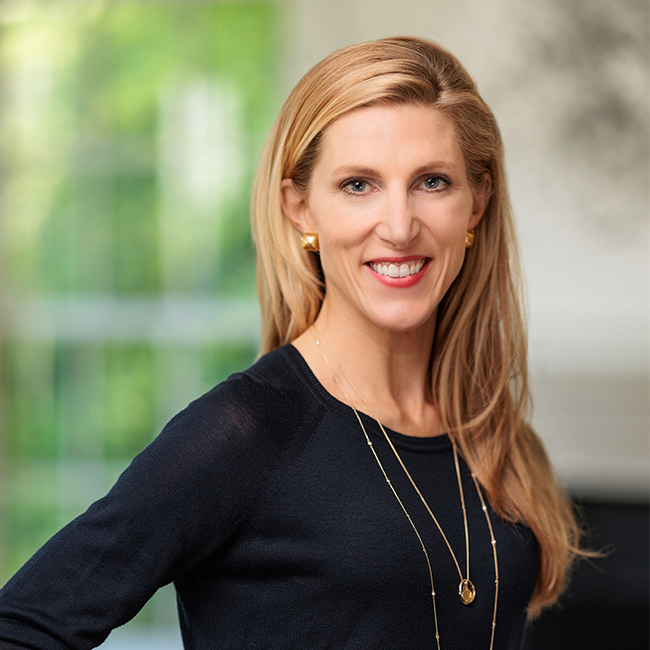
Pictured: Henry Sila Nzioki, Randa Osman, Suha Elhag, Wea Nichols, Leonard Afouda, Admire Shayanowako, Juliet Akello, Julius Sserumaga, Afiniki Zarafi, Seribe Katile, Nelson Opoku, Daouda Kone, Josephine Thome, Emanuel Mrema, David Sands, Claire Sands Baker, Peter Lueth, Florence Oyosi, Dorcas Kemboi, Collince Obonyo, Simon Machimbo, Clare Ongati, Lilian Nkatha, Yemisrach Melkie Abebew, Christopher Suh, and Zelalem Gizachew.
Milken Institute: Tell us about your team?
Claire Sands Baker: The Toothpick Project is using biology to fight biology in one of the biggest battles against weeds in the world. After decades of research and development with our team of scientists, entrepreneurs, and impact agents from three continents (including 13 sub-Saharan African countries), our pilot social enterprise in Kenya, Toothpick Co. Ltd., has launched one of the first bio-herbicides to be commercialized in the world. Through this pilot, we are developing distribution channels, partnerships with distribution innovators on the ground, and beginning to generate revenue. In anticipation of our regulatory approval and our need to broaden our research team, in 2018 we selected and trained a team of mid-career scientists from 12 other countries, representing universities, national research organizations, and Consultative Group for International Agricultural Research (CGIAR) units. This team is motivated by the solution as a bio-herbicide platform for not only Striga, the worst pest threat in Africa, but also other weeds around the world.
What inspired you to participate in the Milken-Motsepe Prize in AgriTech? In addition to competing for the $1 million grand prize, what do you hope to gain from this experience?
Forty million farmers in sub-Saharan Africa have Striga (witchweed) on their farm, causing 20-100 percent crop loss of staple crops like maize, sorghum, millet, dryland rice, etc. These farmers calling for a solution—in desperation—are our inspiration. As an innovation at the front of the pest management discipline, we appreciate Milken-Motsepe Prize in AgriTech’s interest in dramatic impact through high-tech development. We also appreciate the broad focus, allowing us to take a transdisciplinary approach that elevates village-level revenue, empowers women, and protects the environment. On track to meet our milestone of sustainable scale in Kenya, the prize allows us to unleash the potential in the next frontier markets in Africa.
With agriculture contributing 25-30 percent of global greenhouse gas emissions, we need a new, greener revolution. As one of the first bio-herbicides in the world, our experience with the Milken-Motsepe Prize in AgriTech positions us to implement an essential shift in pest management.
How will your concept increase economic value to farmers in Africa?
Our innovation flips the field of plant pathology, sourcing a local plant disease to effectively kill Striga (witchweed). Our technology uses selected strains of local fungi that excrete high levels of specific amino acids that kill the Striga. We deliver our primary inoculum to the village level on toothpicks. and there it is grown into a live active inoculum, trademarked as Kichawi Kill in Kenya. Our solution is host-specific—it doesn’t harm other plants.
How does our solution impact farmers? A farmer’s improvement will depend on the level of Striga destruction she has on her farm. The greater the Striga damage, the greater her return on investment.
For example, with Striga, Lydia only yields 10 90 kg bags on her acre. With our treatment, she can restore crop yield to 20 bags. This means she has enough food on the table, and has surplus to sell for inputs, education, and medicine.
What sets you apart from other teams in this competition?
Ours is not an innovation adapted for Africa. It is unique that the innovation was created in Africa, with African scientists, agronomists, and farmers leading the way for the rest of the world. We are trailblazers.
In our human-centered and eco-centered design, we focus on reducing chemical pesticide use and improving safety, affordability, effectiveness, and food security for farmers. Because over 75 percent of maize farmers in Kenya are women, our product was designed with the guidance of a women’s agronomy group, Liberty Initiators Network, to capitalize on gendered skills (preparing cooked rice for the fresh village inoculum). In our 500-farm proof-of-concept trials, all farmers returned for the second season, and 382 new farmers signed up to participate. We are also seeing regulatory eagerness: We are participating in a shift in the harmonization of biocontrol regulation in Africa, serving as a case example in the Southern Africa Development Committee.

















